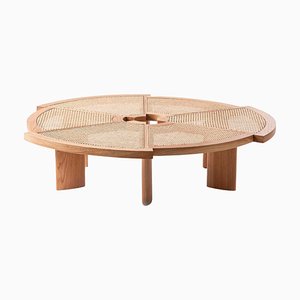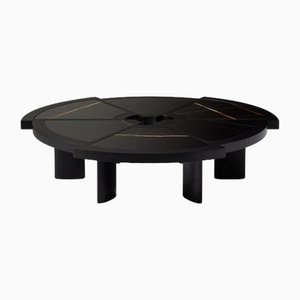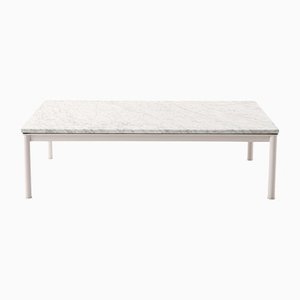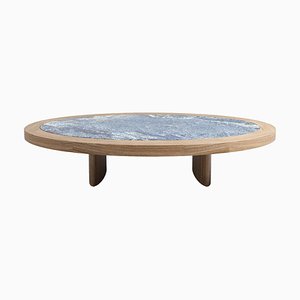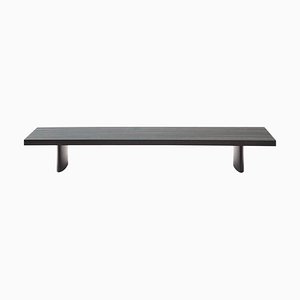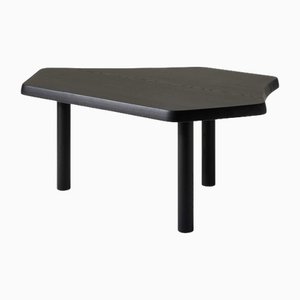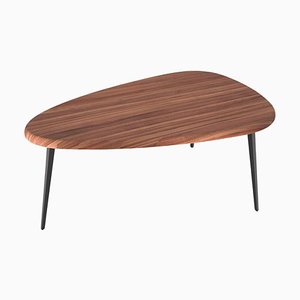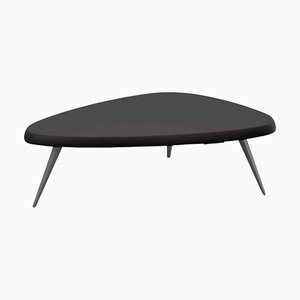
Born in Paris in 1903, Charlotte Perriand studied at the Ecole de l’Union Centrale des Arts Décoratifs. In 1927, inspired by his architectural treatises, Perriand persuaded Le Corbusier to employ her. He put her in charge of prototype production and public presentations of the studio’s work. In collaboration with Pierre Jeanneret, Perriand developed a series of tubular steel chairs, which were—and are still today—hailed as icons of the machine age.
In 1940, she travelled to Japan as an official advisor on industrial design. When Japan joined the war, she found herself trapped in Vietnam from 1942 until 1946. During her exile, Perriand studied local techniques of woodwork and weaving. She returned to France intent on introducing straw and bamboo to modern design.
Back in France, Perriand continued her work with Le Corbusier and Prouvé. She was integral to the design of Le Corbusier’s Unité d’Habitation in Marseille. She remained an influential figure in the modern movement until her death in 1999.


